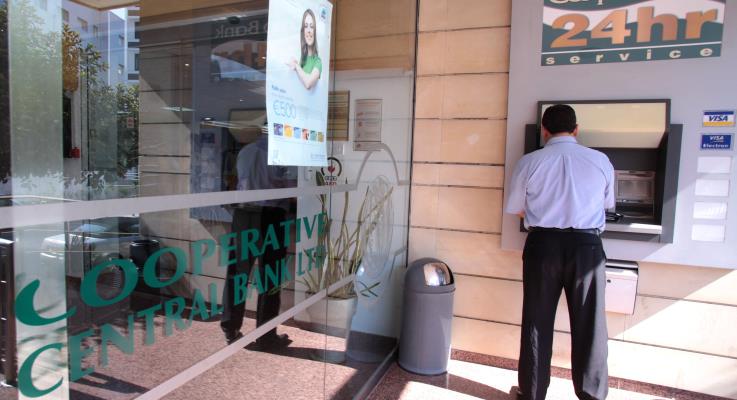Cyprus’ Authority Of Cooperative Societies, led by Kypros Protopapas, has raised concerns about the complexities involved in establishing a new, nationwide cooperative bank.
Speaking before the House finance committee this week, Protopapas explained that the authority has been advising interested parties on the stringent requirements for establishing a new cooperative institution.
Initial consultations began five years ago and have involved at least ten additional meetings.
As the regulatory body responsible for overseeing cooperative entities in Cyprus, the authority has said that this new cooperative project will require careful consideration.
Protopapas highlighted that the challenges of setting up a new nationwide cooperative bank extend beyond those faced by traditional cooperatives, stressing the need for an informed understanding of the complexities involved.
Protopapas pointed out that while he supports examining the feasibility of establishing such a bank, the project is extraordinarily challenging and would not resemble the cooperative model of the past.
He reminded stakeholders that the original cooperatives were established without the need for initial capital, and they operated under a model of unlimited liability for their members.
He also directed the interested parties to conduct a thorough analysis, given that any future licensing, regulation, and supervision of a new cooperative bank would fall under the purview of the Central Bank of Cyprus (CBC) and the European Central Bank (ECB).
Following this guidance, stakeholders have commissioned a study by a consultancy office. They have also been consulting with the central bank and the Cyprus Securities and Exchange Commission (CySEC) to navigate the regulatory landscape.
The committee chair and members decided to schedule a special parliamentary session to receive further briefings on the proposal for the new bank.
Addressing the current state of cooperatives in Cyprus, Protopapas reported that 55 cooperatives are active in various sectors, including consumer and supply, agricultural sales, processing, and services.
The authority oversees these registered entities to ensure they comply with Cyprus’ cooperative laws and regulations.
Since the 2013 financial crisis, the cooperative sector has faced significant challenges, which, according to Protopapas, they have largely overcome through hard work and effective reforms.
He noted that many cooperatives are now operating successfully, primarily serving members in rural areas.
Noteworthy examples include the cooperatives in Sotira, Paralimni, and Argaka, which are in good financial health and continue to support their communities and local farmers.
Another success he mentioned is the new cooperative in Astromeritis, which has achieved impressive profitability, with a turnover exceeding €50 million, mainly from exports.
This cooperative, which now employs over 100 people, returned to profitability after years of financial struggles.
Protopapas also highlighted the animal feed cooperative Sopaz, which has achieved an annual turnover exceeding €100 million, along with strong profits.
However, he acknowledged that a few smaller cooperatives still face challenges, and efforts are underway to reverse their financial situations.
On the topic of social enterprises, a framework that the cooperative authority introduced a decade ago, Protopapas announced that the legislative framework is complete, and the office has begun accepting applications for registration.
Four applications are currently under review, with the office guiding these entities through the process of transitioning to social enterprise status.
The office is also promoting corporate social responsibility (CSR) in Cyprus. In this context, Protopapas mentioned the recent completion of the Corporate Sustainability Supporting Framework project, funded by the European Economic Area and Norway Grants.
This project, he noted, encourages Cypriot businesses to adopt sustainable practices.
The office has also started accepting applications for the state CSR register, following the adoption of national standards for CSR and certification by an accredited body.
To date, four businesses have been registered, three of which are care homes, with additional applications anticipated.
It should be noted that the total budget for the Authority Of Cooperative Societies for 2025 stands at €2,796,811.
Protopapas explained that nearly half of this amount is allocated to the payroll for employees seconded to other public departments and services.
In response to a question from Akel MP Andreas Kafkalias, Protopapas confirmed that a support plan for social enterprises has been prepared, reviewed by the commissioner for state aid, and is now set to be presented to the relevant ministries for approval by the Cabinet.







Click here to change your cookie preferences